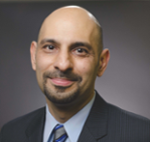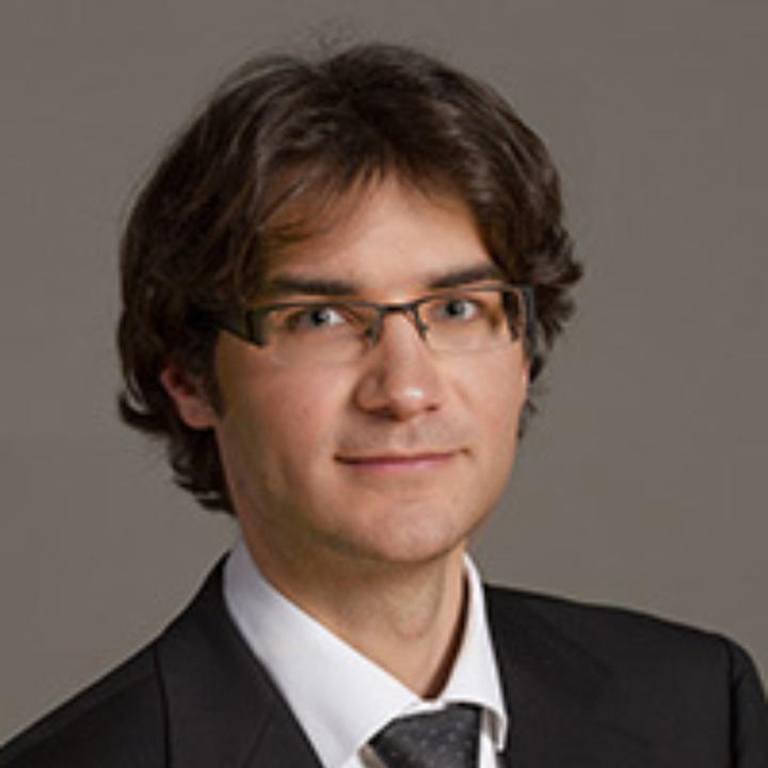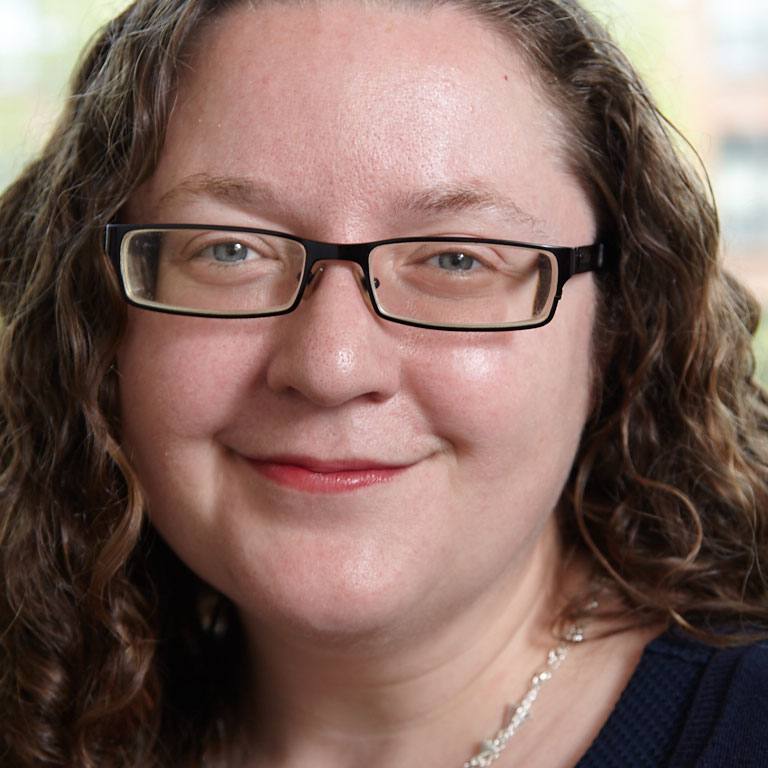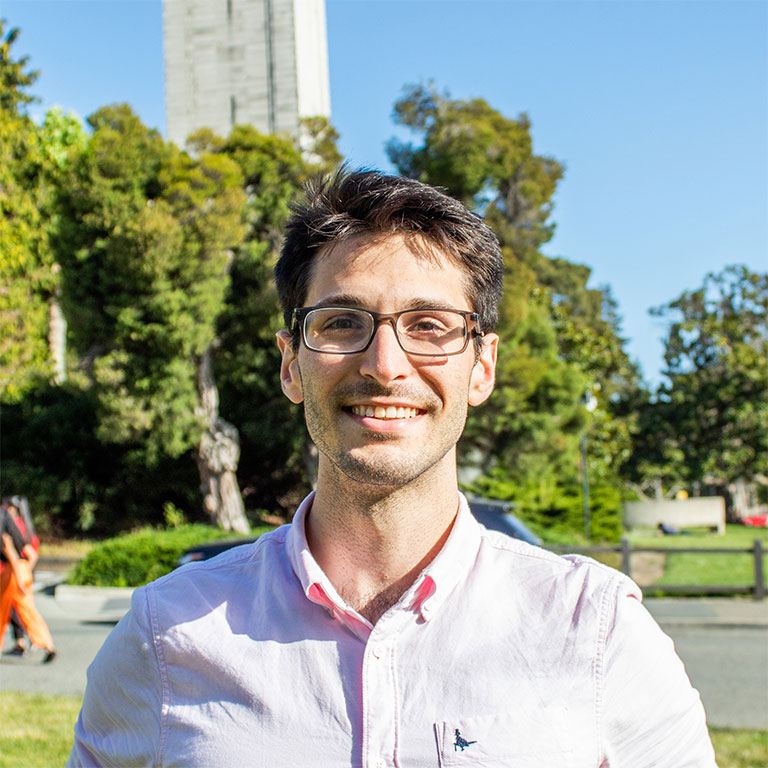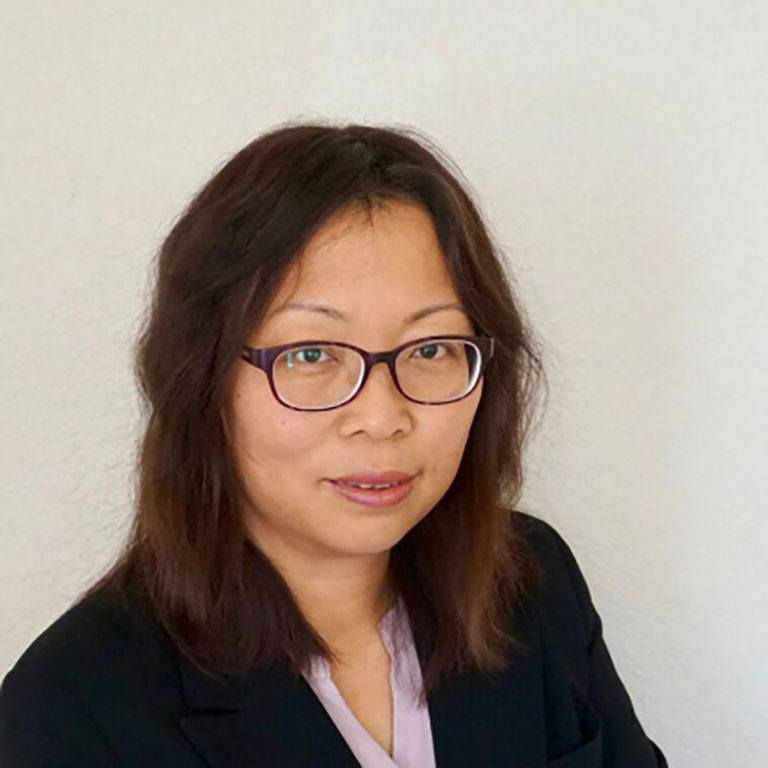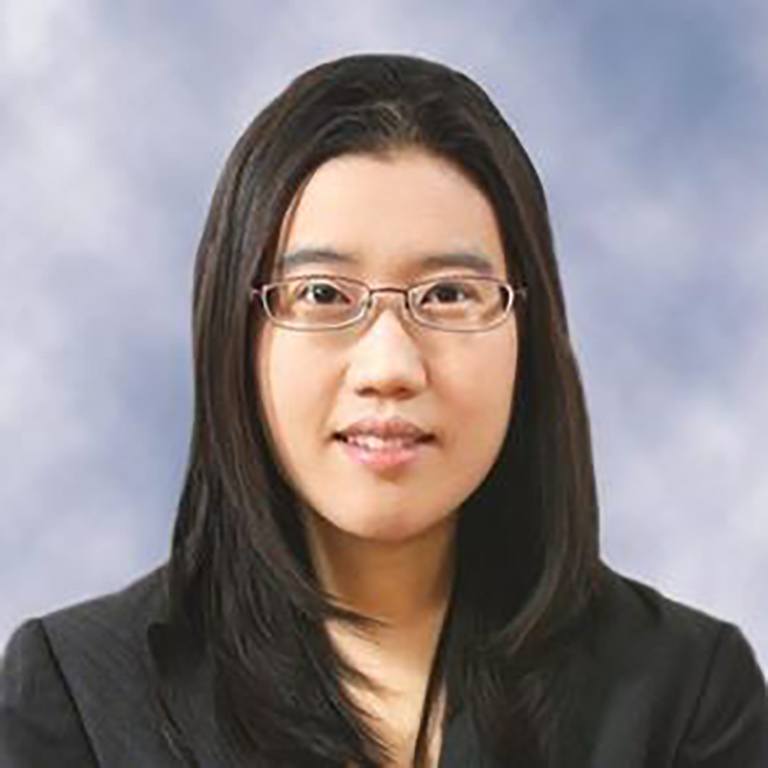The Workshop in Cultural Affairs series advances the Center for Cultural Affairs’ priorities around training, research, and field-building. These biweekly workshops take place via Zoom on Wednesdays from 12-1pm EDT and they highlight researchers at the O'Neill School, the greater Indiana University community, and beyond. The workshop connects cultural affairs experts together in a forum for scholarly discussion, debate, and exploration of the important issues being faced in the field of cultural affairs. Those interested in joining the conversation can register at the link below and can reach out to ccaoneil@indiana.edu to join the workshop listserv.
Workshop in Cultural Affairs
Neville Vakharia, Drexel University
September 29, 12pm EST
Topic: "Cultural Asset Mapping for Advocacy and Impact"
Neville Vakharia is the Associate Dean of Research & Planning and an Associate Professor in Drexel University's Westphal College of Media Arts & Design, teaching courses in leadership, strategic planning, entrepreneurship, and related subjects while undertaking research and development projects that seek to strengthen the arts, cultural, and creative sector. His research centers on the role that technology, innovation, and knowledge play in building sustainable, resilient, and relevant organizations and communities. His work has been published internationally, and he has developed new tools and resources to benefit the cultural and social sectors. Neville is a frequent speaker, facilitator, and panelist for a wide range of conferences and events nationally and internationally.
Prior to Drexel, Neville was the director of the Cultural Data Project at The Pew Charitable Trusts (now SMU DataArts), a growing national initiative created to improve the management and financial capacity of arts and cultural organizations, inform grant-making strategies, and serve as a powerful tool for policy research and analysis. At Pew, he oversaw the program’s strategic direction, operations, and national expansion from a start-up enterprise to a multi-million dollar organization.
Prior to Pew, Neville was Director of Technology Services and Programs for the Arts & Business Council of Greater Philadelphia, where he developed and launched the Technology Connectors, a program designed to support the technological capabilities of the region’s arts and cultural organizations through education, strategic planning, and consulting. He served as Director of Marketing for the Prince Music Theater, overseeing all audience development and branding strategies, and for 12 years, he was the founder and co-producer of the ArtsFest Film Festival, central Pennsylvania's largest film festival.
Neville also has more than 10 years of experience in the corporate sector, working in new product development, marketing, and global product management for W.L. Gore & Associates, Inc., manufacturer of GORE-TEX products. Neville holds two international patents and has developed several new products and technologies. He earned both his bachelor of science degree in materials engineering and his master of science in arts administration from Drexel University, where he is completing a Ph.D. in Information Science. He serves on the board of directors of CultureWorks Greater Philadelphia, Social Impact Commons, and the Philadelphia Cultural Fund, and he is the co-editor of Artivate: A Journal of Entrepreneurship in the Arts. Neville also serves as an advisor to many creative, start-up, and social enterprises and community-based organizations.
Tamás Szabados, Eötvös Loránd University
October 13, 12pm EST
Topic: In Search of the Holy Grail of the Conflict of Laws of Cultural Property
Szabados is the Senior Lecturer of Private International Law and European Economic Law at the Faculty of Law of Eötvös Loránd University, Hungary. In 2012, he received his Ph.D. from this institution with a thesis entitled “The Transfer of the Company Seat within the European Union - The Impact of the Freedom of Establishment on National Laws.” He also holds an LL.M. degree from the University of London, United Kingdom. Szabados's talk will touch on topics related to his recent publication in the International Journal of Cultural Property, "In Search of the Holy Grail of the Conflict of Laws of Cultural Property: Recent Trends in European Private International Law Codifications."Jennifer Benoit-Bryan, Slover Linett Audience Research
October 27, 12pm EST
Topic: Culture & Community in a Time of Transformation
Jen Benoit-Bryan is the Vice President & Co-director of Research at Slover Linett, a firm that uses the tools of research and evaluation to help the cultural sector understand its participants and communities, experiment with new strategies for engagement, and connect more deeply with more people. Jen is the Principal Investigator for the National Culture & Community research series, one of the largest studies of cultural behavior conducted in the United States.Over the past seven years at Slover Linett, Jen has worked on wide-ranging, often multi-year projects with a variety of clients across the cultural sector including the Wallace Foundation, the Barr Foundation, the William Penn Foundation, National Academy of Sciences, IMLS, Central Park Conservancy, the Kennedy Center, Museum of Fine Arts Houston, Carnegie Hall, Washington National Opera, Ballet Austin, the High Line, and SFMOMA. Jen earned her Ph.D. in public administration & research methodology at the University of Illinois, Chicago. Jen's talk will relate to Culture & Community in a Time of Transformation – a “sneak peek” of emerging findings from a national study of more than 75,000 people across the United States exploring the shifting role of arts and culture in people’s lives through the pandemic, the growing desire for changes towards equity in arts and culture organizations, and the ways that digital arts engagement have broadened and diversified participation.
Jakob Brounstein, University of California, Berkeley
Novemeber 10, 12pm EST
Topic: "Public investment in the arts and cultural agglomeration: Evidence from the New Deal"
Jakob Brounstein is a PhD Candidate in economics at UC Berkeley studying public finance and labor economics. His main areas of interest focus on tax avoidance/evasion and inequality, but also extend toward broader issues of fiscality and the impacts of programmatic government spending.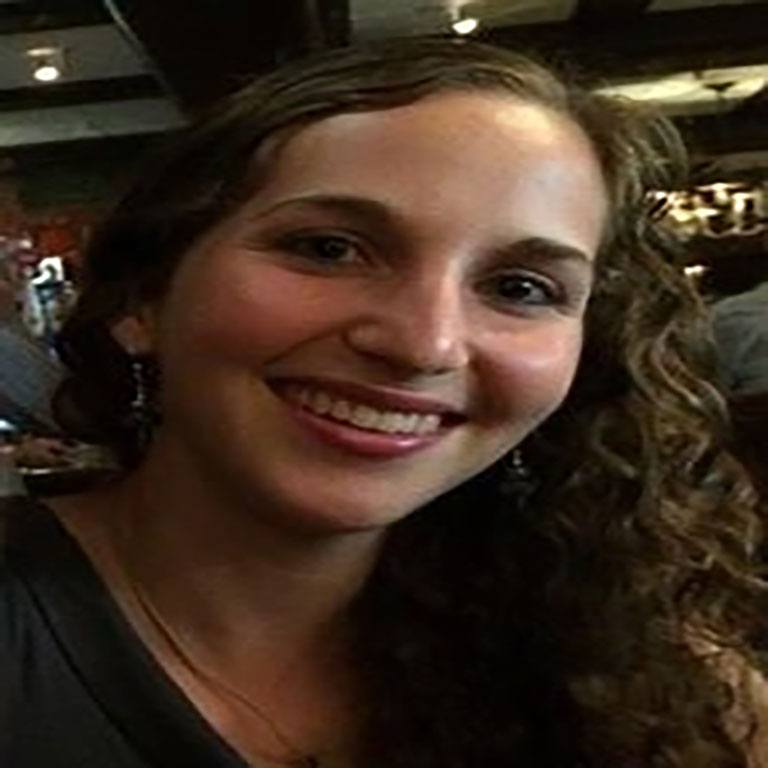 Hannah Wohl, University of California, Santa Barbara
Hannah Wohl, University of California, Santa Barbara
January 26, 12pm EST
Hannah Wohl is an assistant professor in sociology at University of California, Santa Barbara. She received her Ph.D. in sociology from Northwestern University and completed a postdoctoral fellowship in sociology at Columbia University. Wohl's work explores judgment and valuation in social interaction, with a focus on creative industries. She is particularly interested in how aesthetic judgments interact with other forms of judgment, such as economic and moral judgments.
Her book, Bound by Creativity (University of Chicago Press), examines experimentation and social interactions in the field of contemporary art to analyze how artists produce and circulate distinctive bodies of work. Areas of interest include: creative industries, culture, markets, knowledge, valuation, sociological theory, and qualitative methods.
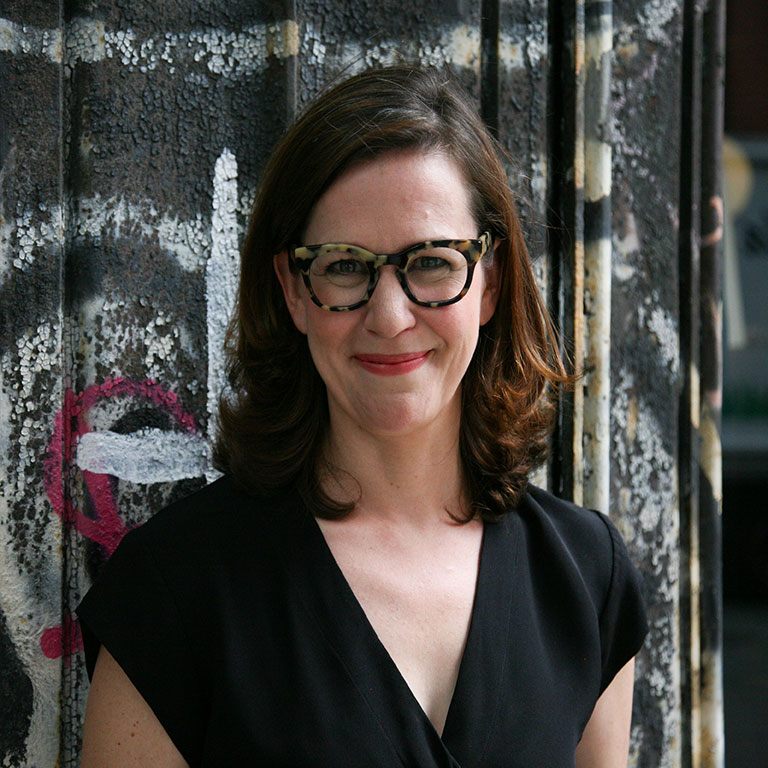
Amy Whitaker, New York University
February 9, 12pm EST
Amy Whitaker is an assistant professor of visual arts administration at New York University’s Steinhardt School. Her research explores the frictions between art and markets and proposes new systems of economic support for artists using fractional equity and blockchain. Her academic papers have appeared in Management Science, Journal of Cultural Economics, and the International Journal of Cultural Policy, among others.
Her work on Equity for Artists was a finalist in Fast Company’s World Changing Ideas Competition, and she is the 2021 recipient of the European Academy of Management’s Edith Penrose Award for pioneering research. Her research has been cited in the Financial Times, Time Magazine, Fast Company, The Atlantic, The Guardian, and Harper’s. She the author of three books including Museum Legs, Art Thinking, and Economics of Visual Art. She holds an MBA from Yale and an MFA from University College London as well as a PhD in political economy from Goldsmiths, University of London. She serves as the co-chair of the College Art Association Committee on Intellectual Property and as vice-president of the Art, Antiquities, and Blockchain Consortium.
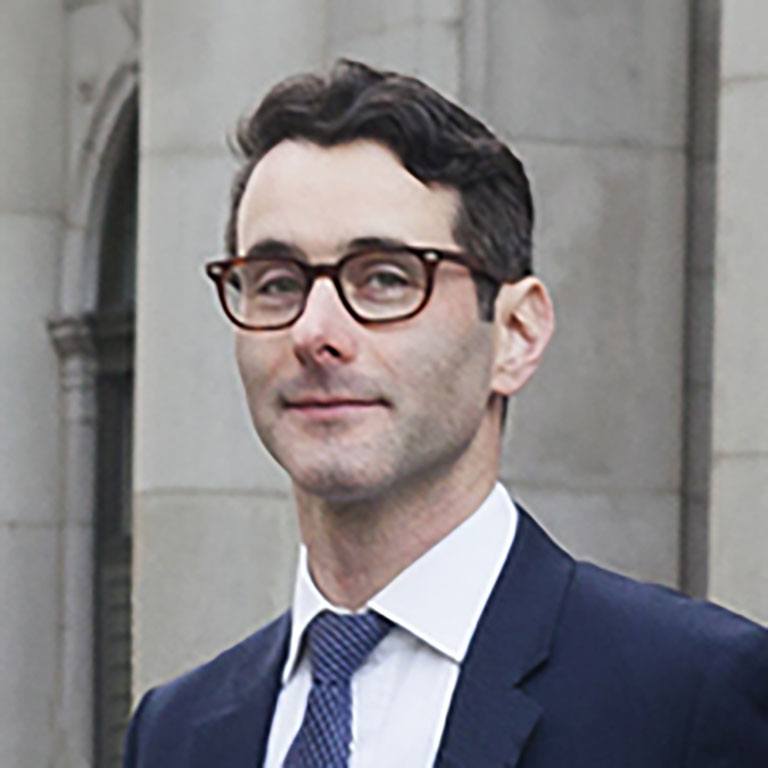
Alexandre Frenette, Vanderbilt University
February 23, 12pm EST
Alexandre Frenette is Assistant Professor of Sociology and Associate Director of the Curb Center for Art, Enterprise, and Public Policy at Vanderbilt University. He uses mixed-methods to study how workers attempt to launch and sustain careers in the precarious economy using the cultural and creative industries as a case study. Drawing on fieldwork in the music industry and data from the Strategic National Arts Alumni Project, he is currently working on a monograph about the challenges and the promise of internships as part of higher education, tentatively titled The Intern Economy (under advance contract, Princeton University Press).
His writings on artistic workers and the intern economy have been published in journals including Work and Occupations, Social Psychology Quarterly, Research in the Sociology of Work,Cultural Trends, and the Journal of Arts Management, Law, and Society. His research has been supported by two research grants from the National Endowment for the Arts and has earned awards from the Society for the Study of Social Problems as well as the Labor and Employment Relations Association.
Qingfang Wang, University of California Riverside
March 9, 12pm EST
Qingfang Wang's research area lies broadly in immigration, labor market, and development. With a Ph.D. in geography, Wang is particularly interested in how place–as both work site and residential location–interacts with race, immigration status, and gender in shaping labor market experiences and social-economic wellbeing. Her work has been funded by the Kauffman Foundation, National Science Foundation, HUD, and other agencies. Her recent work includes research on immigrant, ethnic and female entrepreneurship, and transnational migration of the highly skilled, especially in the higher education sector.
Mirae Kim, George Mason University
March 23, 12pm EST
Mirae Kim is an associate professor of Nonprofit Studies at the Schar School of Policy and Government. Before joining the Schar School, Kim was a faculty member of the Andrew Young School of Policy Studies at Georgia State University from 2017 to 2020, and before that she taught at the Harry S. Truman School of Public Affairs at the University of Missouri. Kim earned her PhD in 2014 from Rutgers School of Public Affairs and Administration and a master's degree from Carnegie Mellon University. Kim earned her bachelor's degree in English literature from Seoul National University in South Korea and was an exchange student for over a year at Auckland University in New Zealand. Finally, Kim was a member of the Penn Social Impact Doctoral Fellows Program.
Currently, Kim serves as a co-editor of the Nonprofit Policy Forum. Kim is currently part of the research team that builds the National Survey of Nonprofit Trends and Impacts and the Nonprofit Organization Research Panel Project (NORPP) Manager, both of which aim to improve how we study nonprofit organizations. These projects are funded by various institutions including the Generosity Commission and National Science Foundation. Kim has been also leading the “Nonprofit Organization Research Panel” project since 2015, which she created to provide valuable information for nonprofit practitioners while producing much needed data for researchers in the nonprofit community. This initiative was inspired by her previous role as a managing editor of the Civic Engagement magazine that seeks to facilitate discourse about public service – and broaden interest in the field.
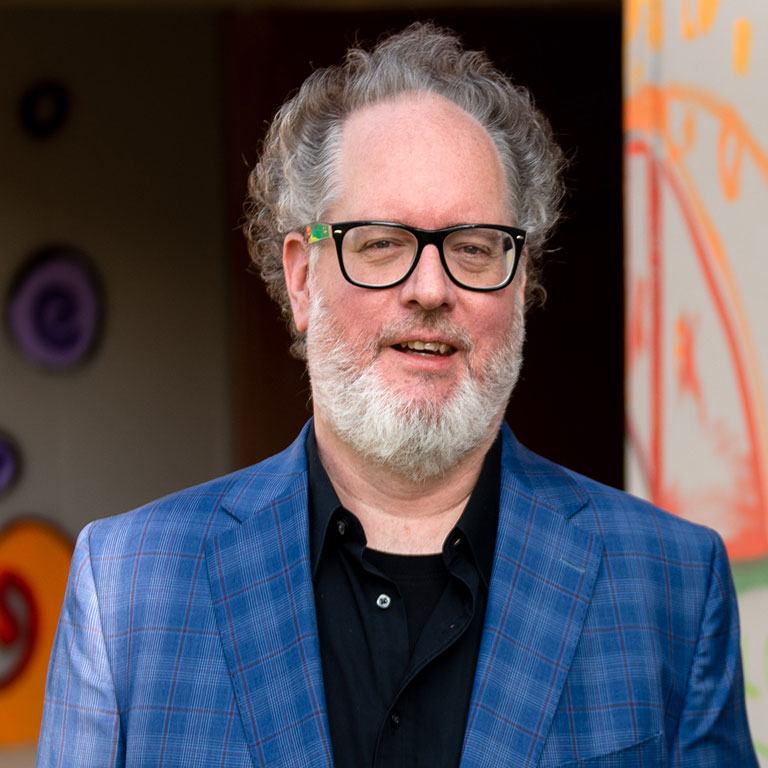
Michael Seman, Colorado State University
April 6, 12pm EST
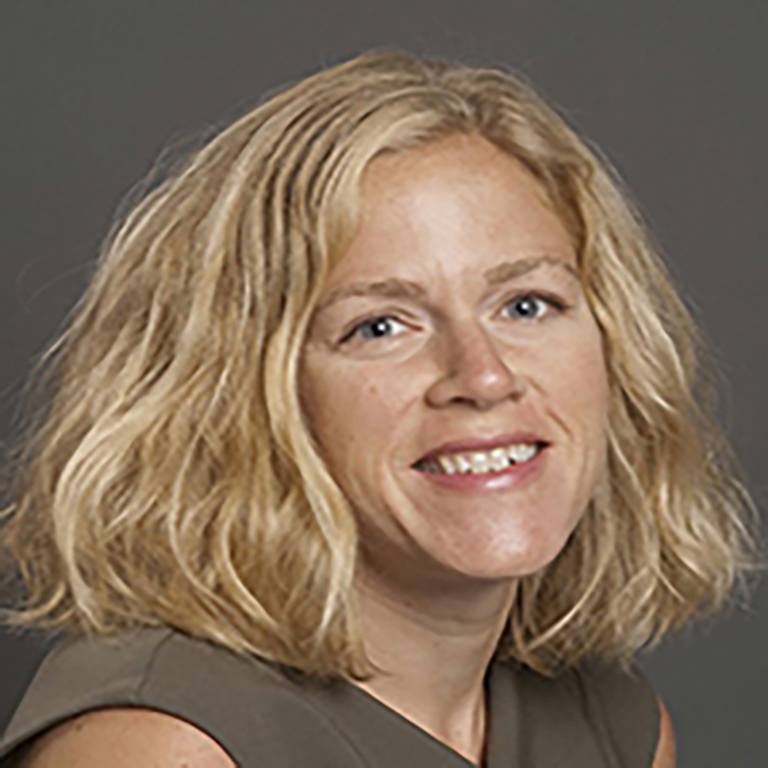
Amanda J. Ashley, Boise State University
April 20, 12pm EST
Dr. Amanda Johnson Ashley’s current research explores urban revitalization through property-based economic development, public/private partnerships, and civic collaboration. As a primary research emphasis, she examines the function of arts and entertainment in cities. Her dissertation, “Developing Urban Arts Districts: Analyzing Mobilization in Dallas, Denver, Philadelphia, Pittsburgh, and Seattle” analyzes planned arts anchored redevelopment districts and answers whether such interventions are viable policy.
As a secondary research emphasis, she examines the function of defense investments in cities with a focus on the redevelopment of former military bases. With funding from Boise State University’s College of Public Affairs and Public Policy Center, she along with partners in political science are exploring and assessing how communities pursue military base redevelopment and the extent to which they are successful strategies for transformation and integration.
Dr. Johnson Ashley co-authored a paper on “Cities as Entertainment Centers: Can Transformative Projects Create Place?” and presented it at the University of Amsterdam’s Master Class Workshop on “Explaining Metropolitan Transformation: Politics, Functions, and Symbols,” January 24-26, 2013. In Fall 2012, she partnered with the City of Boise’s Department of Art and History to create a graduate-led project to study the contribution of artist residences in the Treasure Valley. She was also appointed the Mission Advancement Vice Chair for the Idaho Chapter of the Urban Land Institute.
Susan Oman, University of Sheffield
May 4, 12pm EST
Susan Oman is Lecturer in Data, AI and Society at the University of Sheffield. Prior to this, she held two consecutive fellowships looking at data in the creative economy, working in partnership with Arts Council England to improve data and diversity practices in the English cultural sector. Her PhD was an interdisciplinary study on the cultural politics of data, participation and well-being, specifically concerned with the contexts of metrics and knowledge production for policy and the UK's Office for National Statistics. Her monograph Understanding Well-being Data: Improving social and cultural policy, practice and research is published open access by Palgrave McMillan in October 2021.
Workshop Alums
Bronwyn Coate, RMIT University
Susan Dumais, Lehman College
Tal Feder, Sapir College
Carl Grodach, Monash University
Steven Hadley, National University of Ireland Galway
Brian Kisida, University of Missouri
Lénia Marques, Erasmus University Rotterdam
Candace Miller, University of North Carolina
Jonathan Paquette, University of Ottawa
Michael Rushton, Indiana University
Rachel Skaggs, Ohio State University
Joanna Woronkowicz, Indiana University
Speaker Series
The CCA speaker series is our opportunity to host speakers from Indiana University and beyond, to give talks on cultural affairs research. The goal of the speaker series is to highlight researchers doing rigorous and objective research in cultural affairs, and share useful knowledge with the arts and cultural sector.
Speaker Series Alums
Samuel Cameron, University of Bradford
Geoffrey Crossick, University of London
Sara Konrath, Indiana University–Purdue University Indianapolis


